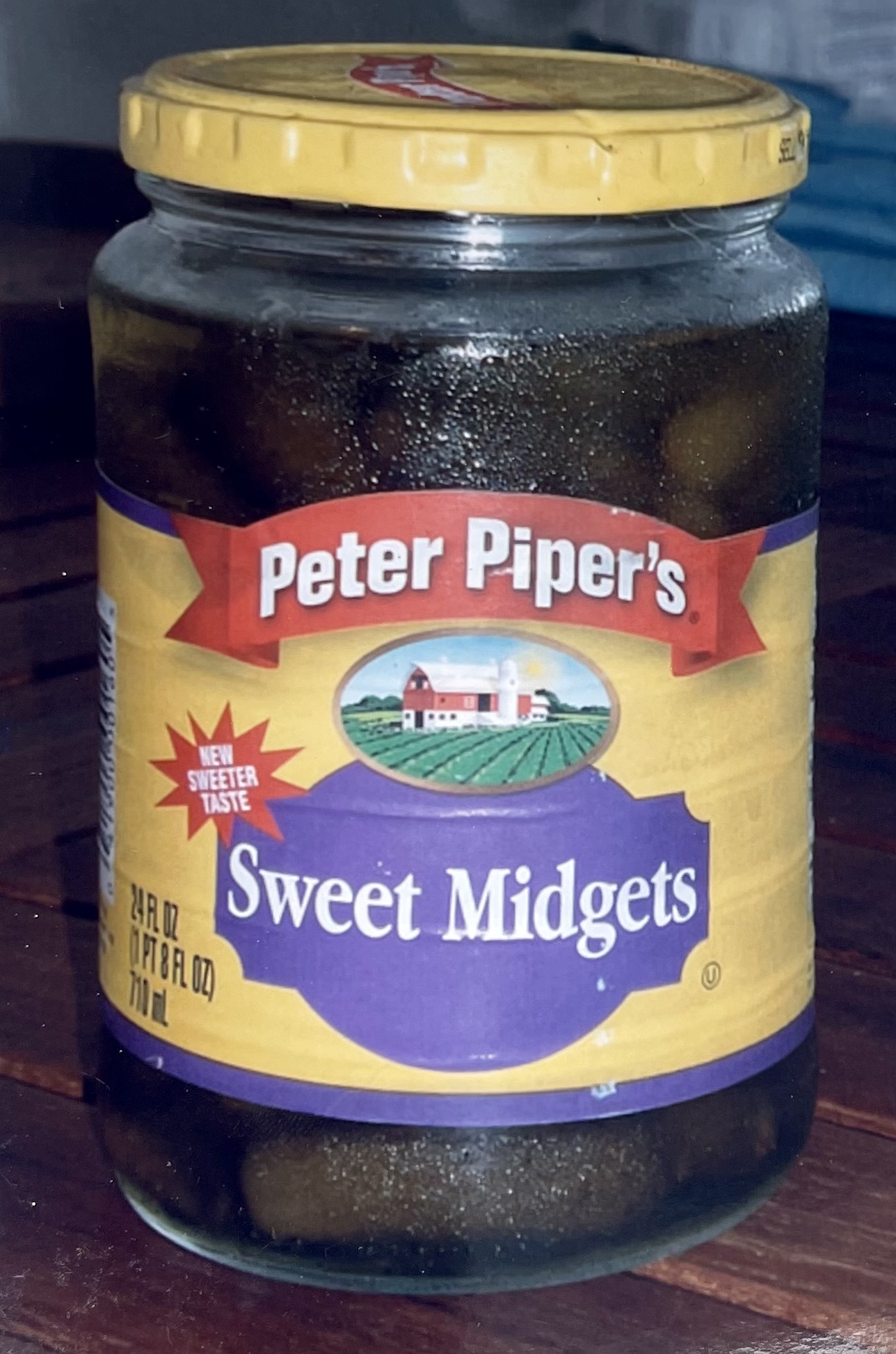-

Beyond the Buzz: What People Actually Do With AI
Recap of Harvard Business Review Publication Artificial intelligence isn’t just the latest tech fad. it’s woven into how we think, work, create, and even comfort…
-

Geek Out On Statistics
Have you seen the enormous volume of publicly available data, as well as written analyses, tables and maps? Whatever stats make your skirt fly up,…
-

The Marketing of Omission
Some people like golf, I like finding marketing mistakes. I read cereal boxes, Ikea instructions, the fine print on the 12-pack of Bounty paper towels.…